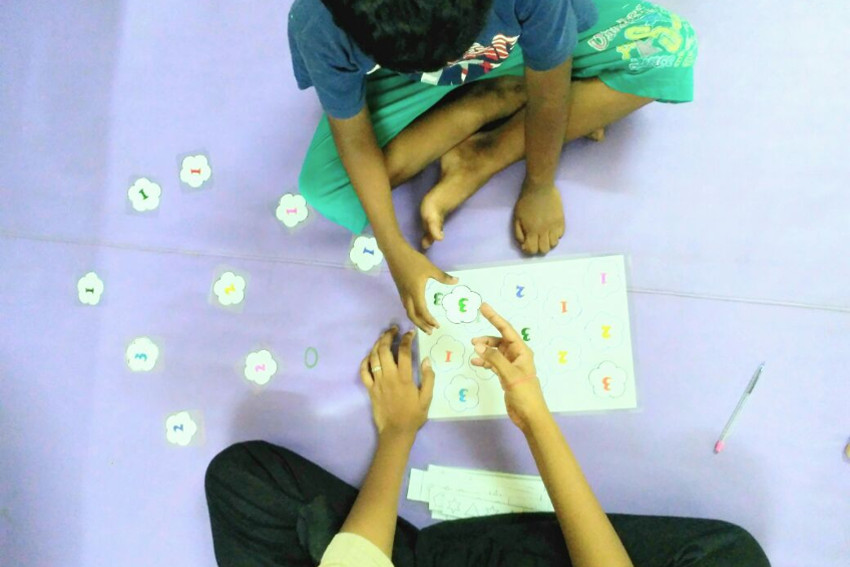Social skills are the skills we use to communicate and interact with each other, both verbally and non-verbally, through gestures, body language and our personal appearance.
Social communication skills refer to all of the skills we need when using language to communicate and engage in conversations with other.
Social communication encompasses the following skills:
- Using language for a range of functions, e.g. to provide information; to question; to negotiate; to suggest; to clarify.
- Conversational skills, e.g. starting and finishing conversations; maintaining a topic of conversation; taking turns in a conversation.
- Understanding shared and assumed knowledge, i.e. how much information the listener needs to understand.
- Understanding and using non-verbal communication skills, e.g. eye contact, facial expression, gesture, proximity and distance.
- Understanding implied meaning
How to Identify?
- Delay in reaching language milestones
- Little interest in social interactions
- Going off-topic or monopolizing conversations
- Not adapting language to different listeners (talks the same way to an adult as to a friend)
- Not adapting language to different situations (speaks the same way in the classroom as on the playground)
- Difficulty making inferences and understanding things that are implied, but not stated explicitly
- Not giving background information when speaking to an unfamiliar person
- Not understanding how to properly greet people, request information or gain attention
- Tendency to be overly literal and not understand riddles and sarcasm
- Trouble understanding nonverbal communication, such as facial expressions.

